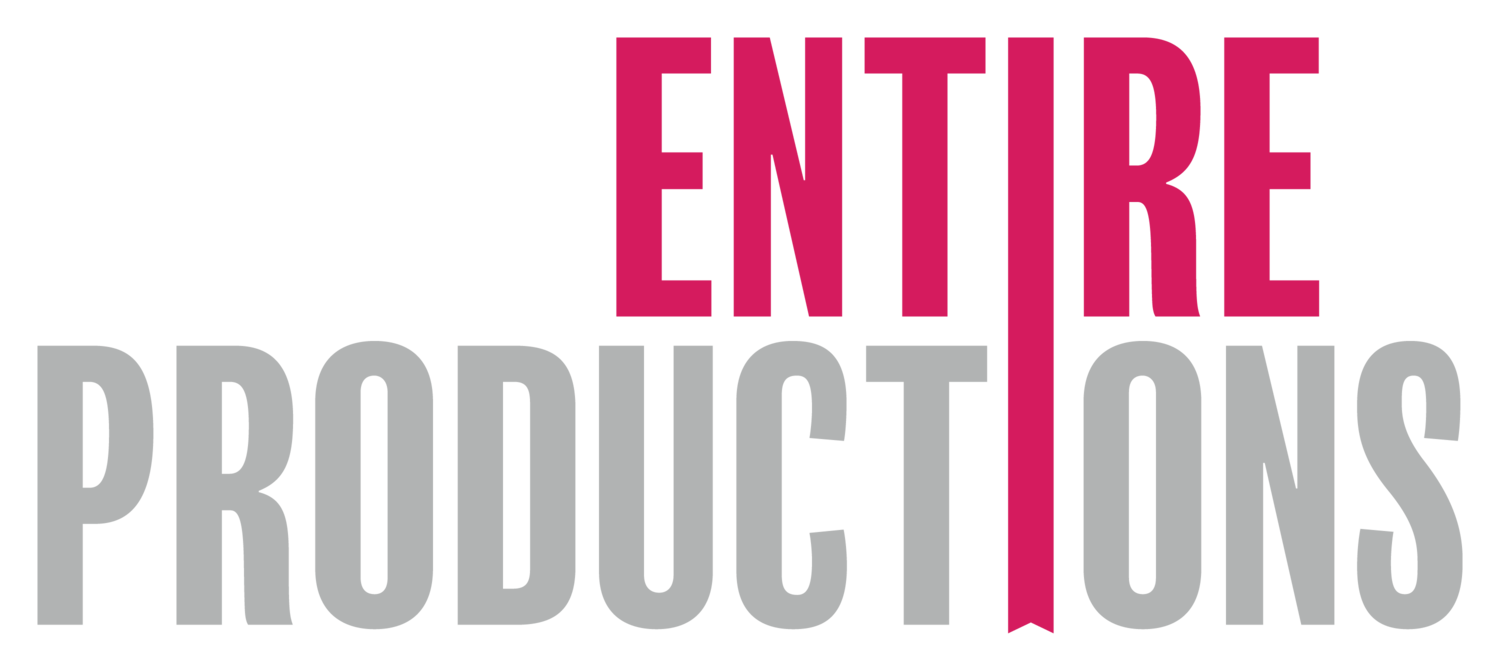Next-Gen Strategies: Shaping Corporate Events with Cutting-Edge Experiential Marketing
Published on BizBash.com on 12/6/23
To create a more bespoke experience, Entire Productions' annual event in 2024 will come with a much smaller guest list. Last year, the event had 1,200 attendees. This year, it'll cap at 500.
In the world of corporate event planning, the ability to adapt and innovate is key. Experiential event marketing has emerged as a pivotal strategy for brands to captivate their target audiences and create lasting impressions. With rapidly evolving technology and changing consumer expectations, it's crucial for corporate event producers to be aware of the latest trends. This overview delves into the current trends revolutionizing experiential event marketing and provides strategic insights for navigating this transformative landscape.
Smaller, Targeted Events The trend towards smaller, more bespoke events is reshaping the experiential marketing domain. These events are meticulously crafted to resonate with specific audience segments, offering a more intimate and personalized experience. They foster an environment where deeper, more meaningful connections with the brand are nurtured. Small-scale events also allow for nuanced storytelling and a focus on quality interactions, which are often more impactful than larger, less personal events. We’ll be doing our annual event experience in 2024 with a much smaller guest list. Last year we had 1200 attendees. This year we’re trying to cap it at 500.
Integration of Cutting-Edge Technology Technology's role in experiential events is more significant than ever. Augmented Reality (AR) and Virtual Reality (VR) are at the forefront, offering immersive and interactive experiences that were once the realm of science fiction. These technologies provide attendees with a unique sensory journey, transporting them into different scenarios and enhancing their engagement with the brand. This technological integration also serves as a valuable data collection tool, offering insights into consumer behavior and preferences.
Blended Event Environments The emergence of blended environments, integrating physical and digital experiences, is a direct response to the challenges and opportunities presented by the global shift towards virtual interactions. Hybrid events cater to a wider audience, combining the tangible benefits of in-person events with the accessibility of digital platforms. However, the key to success in these blended environments lies in ensuring that the virtual experience is as enriching and engaging as the physical one.
Combining technology with blended experiences, you could “beam” a keynote, celebrity, or dignitary into your event with the hologram product from Proto. This saves costs for the booking as well as transportation and lodging which also reduces the carbon footprint. It also creates a buzz of excitement as it’s fairly new technology and not seen by most yet- you can consider it an entertainment and interactive engagement experience.
The key to success in hybrid events lies in ensuring that the virtual experience is as enriching and engaging as the physical one.
Sustainability and Ethical Practices Today's consumers are more environmentally and socially conscious than ever. Integrating sustainable practices and ethical considerations into corporate events is not just a trend but a necessity. This approach goes beyond using eco-friendly materials; it encompasses the entire event lifecycle, from planning to execution and post-event activities. Events that showcase a commitment to sustainability and social responsibility resonate more deeply with attendees, enhancing the brand's reputation and appeal. Have you considered doing a sustainability plan for your events?
Personalization at Its Core The demand for personalization in the corporate event sphere is growing exponentially. Utilizing data and analytics, event producers can tailor experiences to individual preferences, making each interaction more relevant and impactful. Personalization can manifest in various forms, from customized content and interactive sessions, and personalized swag to tailored networking opportunities. This approach not only elevates the attendee experience but also fosters a deeper connection with the brand.
Innovative Experiential Activations Experiential activations are becoming a staple in corporate events. These activations, ranging from engaging interactive product demos to immersive brand experiences, provide a tangible connection between the attendees and the brand. They are crucial in creating a memorable event experience and can significantly impact brand perception and loyalty.
Leveraging Social Media for Extended Reach Social media plays a pivotal role in modern event marketing. By designing events with shareable moments and integrating social media platforms, brands can extend their reach and engage with a broader audience. User-generated content, shared in real-time, amplifies the event's impact and serves as powerful, authentic promotion. We’ve been doing this for years, but it’s still relevant and important in getting more reach for our clients.
Prioritizing Health and Safety The health and safety of attendees have taken center stage, especially in the wake of the COVID-19 pandemic. Implementing robust health protocols and leveraging technology for safer, contactless interactions is paramount. This commitment not only ensures compliance with regulations but also builds trust among attendees, reinforcing the brand's reputation for responsibility and care.
The landscape of corporate event marketing is continually evolving, driven by technological advancements, changing consumer demands, and a growing emphasis on personalization and sustainability. By embracing these trends, corporate event producers can craft unforgettable experiences that resonate with their audiences. Whether through smaller, targeted events, technological integration, sustainable practices, or innovative activations, the key lies in creating an engaging, memorable, and safe environment that aligns with the brand's values and objectives.


